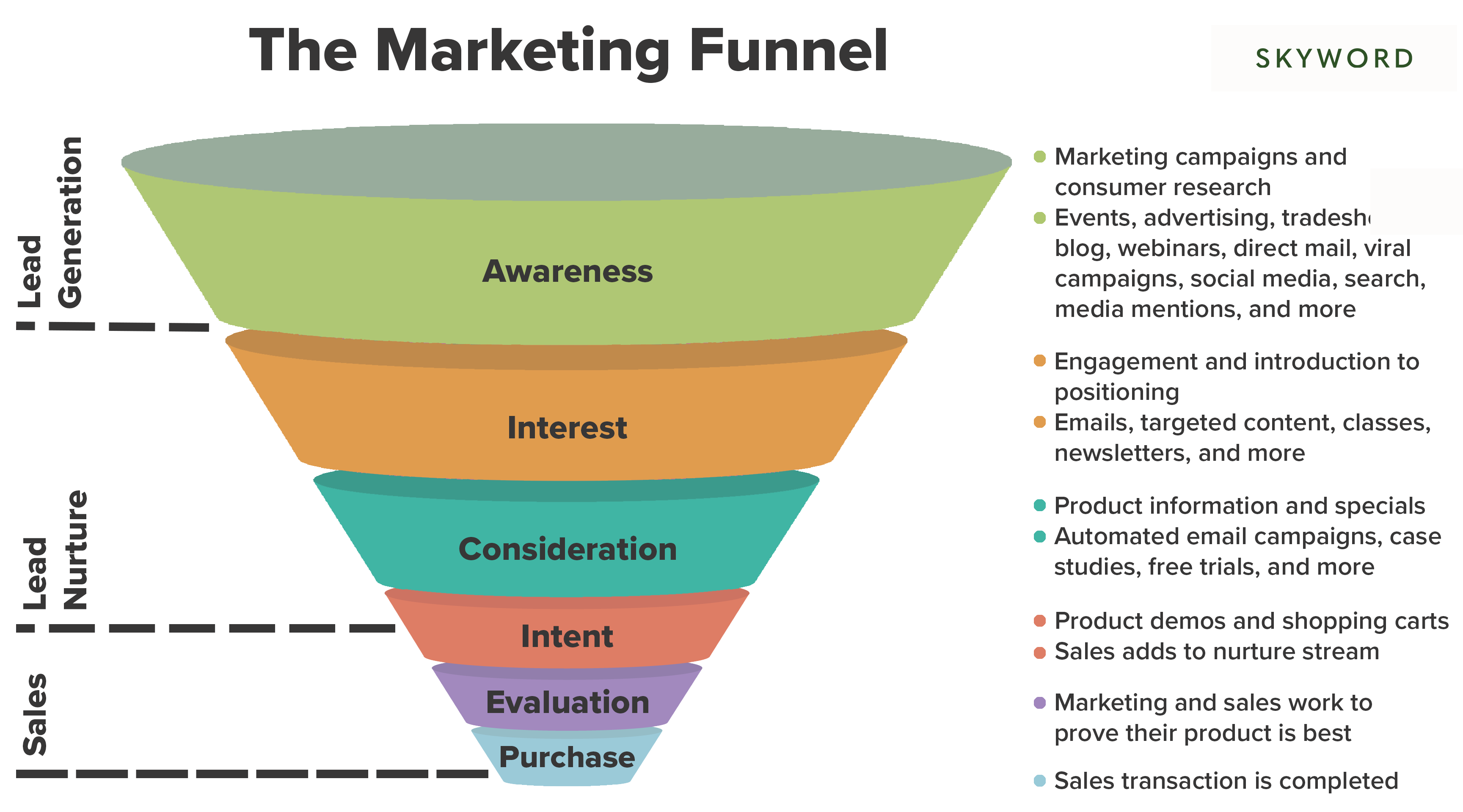| If this mailer does not render correctly, please enable images or view online Advertise Unsubscribe | ||
| CEO Picks - The most popular editorials that have stood the test of time!
| ||
Can innovation be forced?  Economists and business strategists have long noticed that industries tend to converge on just a few places. Milan for fashion, London for finance, Silicon Valley for technology—for any given sector, there are usually one or two points on which the whole world revolves. |




No comments:
Post a Comment